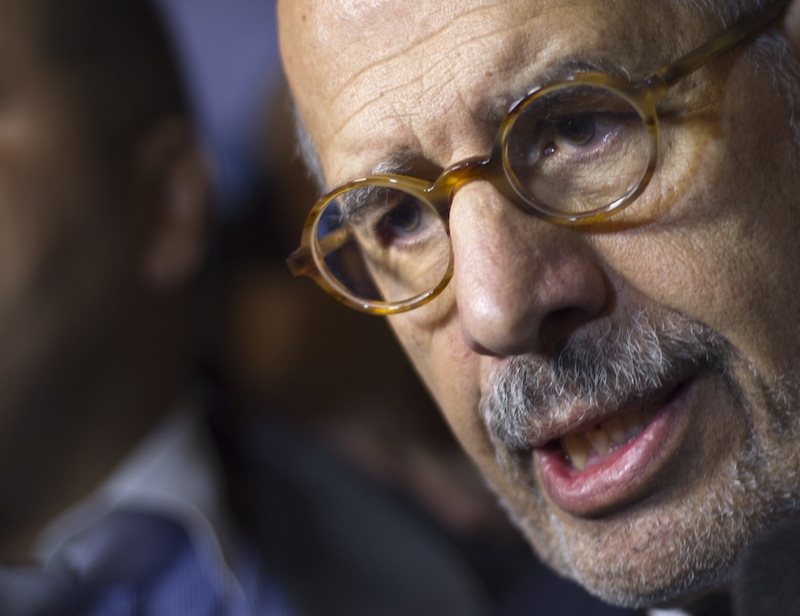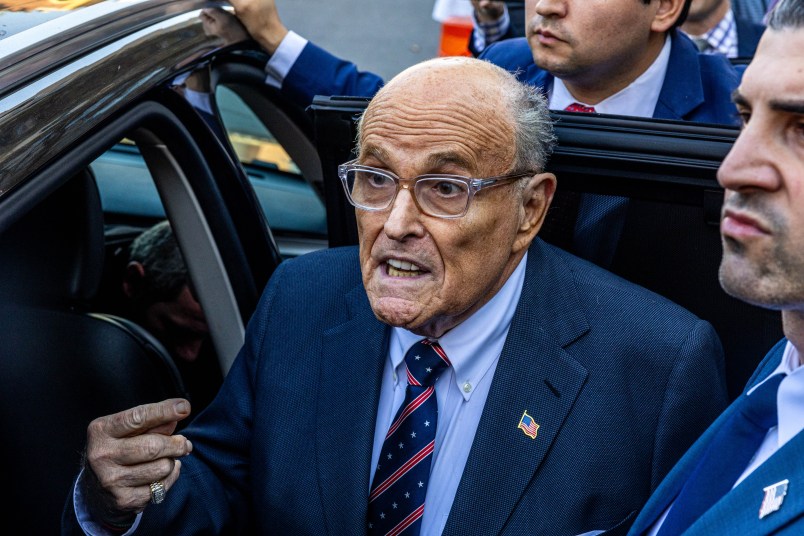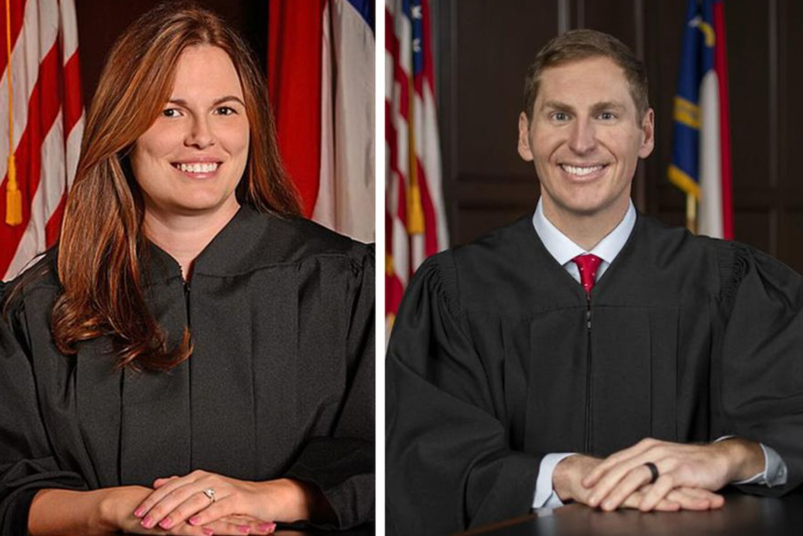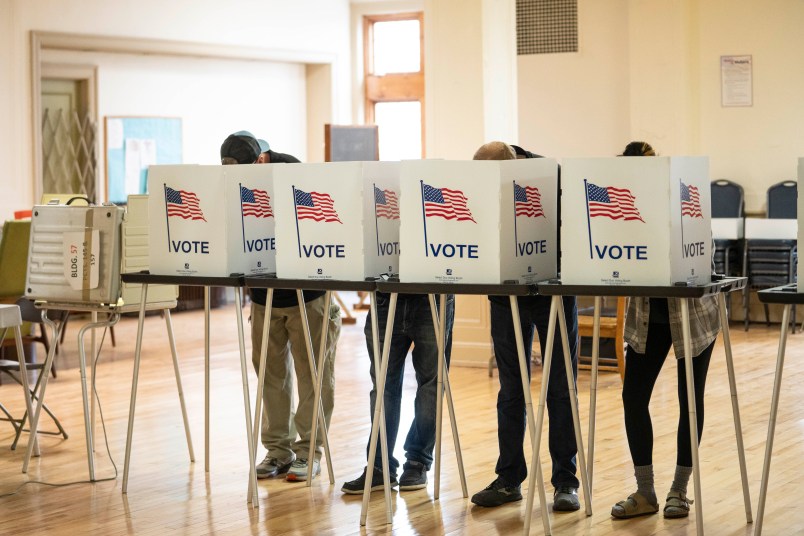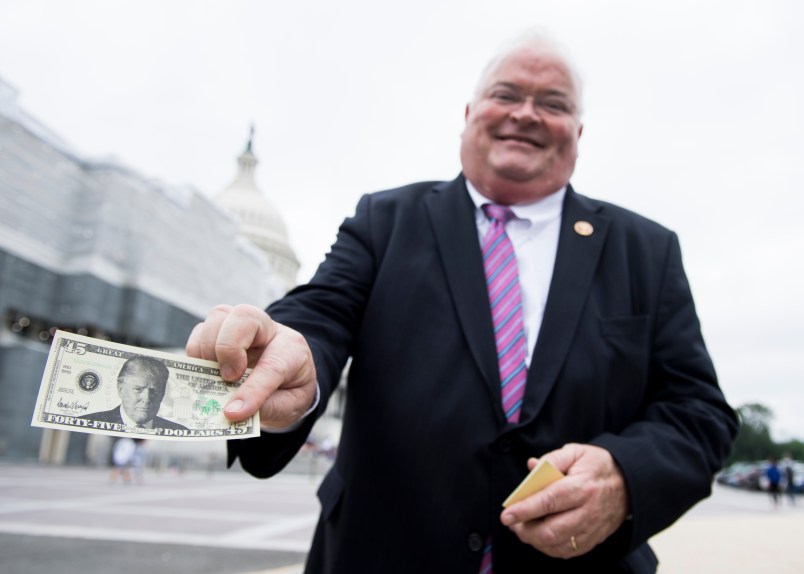CAIRO (AP) — Egypt’s new president moved to assert his authority Saturday by naming a chief rival of ousted leader Mohammed Morsi as interim prime minister and holding crisis talks with security officials on efforts to reclaim control of the streets.
The steps by the untested Adly Mansour, however, are likely to deepen the defiance by Islamist opponents who have turned parts of the Cairo into vigilante-guarded strongholds and have issued blood oaths to battle until Morsi is restored.
After a night of clashes that claimed at least 36 lives, both sides appeared to be preparing for the possibility of more violence as Egypt’s political unraveling increasingly left little room for middle ground or dialogue.
In the eastern suburb of Nasr City — near the main rallying point for Morsi’s Muslim Brotherhood — lines of fighters brandished homemade weapons and body armor at road blocks affixed with Morsi’s picture.
Next door in the relatively upscale Heliopolis district, people chanted against Morsi and honked car horns in appreciation of roadblocks manned by Egypt’s military — whose snub of Morsi’s authority earlier this week tipped the scales against Egypt’s first elected leader.
Mansour’s decision to bring pro-reform leader and Nobel laureate Mohamed ElBaradei into the key government role of prime minister is also certain to help cement the loyalties of the anti-Morsi forces.
The president planned to swear-in ElBaradei later Saturday, said Khaled Dawoud, an official with the main opposition National Salvation Front.
ElBaradei, a former director of the U.N.’s nuclear watchdog agency, led the protests against President Hosni Mubarak during the Arab Spring uprising that ended his autocratic rule in February 2011.
The revolution also opened the way for the political rise of the Muslim Brotherhood, which was long under pressure from Mubarak’s Western-backed regime. Elections last year brought Morsi to the presidency, but ElBaradei remained a voice of dissent, once saying the Brotherhood lived “in a delusion” for thinking its members could manage the country on their own.
Egypt’s new president — chief justice of the country’s constitutional court — is little-known in international circles. But the choice of the 71-year-old ElBaradei gives the administration and prominent global figure to make its case to Washington and other Western allies trying to reassess policies after what Morsi’s backers have described as a “coup.” Morsi remains under detention in an undisclosed location.
Earlier, the president held talks with the army chief and interior minister in apparent attempts to work out strategies to contain another round of violence.
Morsi’s supporters have vowed to take to the streets until the toppled Islamist leader is reinstated. His opponents, meanwhile, have called for more mass rallies to defend what they call the “gains of June 30.”
“The people here and in all of Egypt’s squares are ready for martyrdom to restore legitimacy,” said Abdullah Shehatah, a senior leader of the Freedom and Justice Party, the Brotherhood’s political arm. Speaking at the main sit-in site of Morsi supporters in Cairo, he said: “This coup and all its institutions are illegal.”
There were no reports of major clashes in Egypt after dawn Saturday, following a night of street battles that added to an overall death toll of at least 75 in the past week.
Later, in the northern part of Sinai peninsula, gunmen shot dead a Christian priest while he shopped for food in an outdoor market on Saturday.
It was not immediately clear if the shooting was linked to the political crisis, but there has been a backlash against Christians since just before and after Morsi’s ouster. Attacks have occurred on members of the minority by Islamists in at least three provinces south of Egypt. Christians account for about 10 percent of Egypt’s 90 people. Morsi’s Brotherhood and hard-line allies claim the Christians played a big part in inciting against the ousted leader.
Near the main pro-Morsi gathering in Cairo, security forces boosted their presence in a sign of possible crackdowns ahead.
But it did not deter thousands of people braving a merciless summer sun in a sit-in outside the Rabia al-Adwaiya mosque in the Nasr City district, traditionally a Muslim Brotherhood stronghold.
They hoisted posters of Morsi. Volunteers with tanks of ice water strapped on their backs sprayed participants to cool them off.
There were smaller crowds of Morsi supporters elsewhere in Cairo, including about 2,000 outside the headquarters of the Republican Guard, where Morsi was first confined by the military before he was taken to an undisclosed Defense Ministry facility. Soldiers in full combat gear watched from behind razor wire.
Late Friday, violence erupted in central Cairo as the rival camps clashed on a bridge over the Nile River. Gunfire crackled in the streets and flames leaped from a burning car. The chaotic scenes ended only after the army rushed in with armored vehicles to separate the feuding groups.
The clashes had intensified after the supreme leader of the Muslim Brotherhood, Mohammed Badie, defiantly proclaimed his followers would not give up street action until the toppled president’s return to office.
“God make Morsi victorious and bring him back to the palace,” Brotherhood chief Mohammed Badie proclaimed Friday before cheering supporters at a Cairo mosque in his first appearance since the overthrow. “We are his soldiers we defend him with our lives.”
Hours later, his deputy, Khairat el-Shater, considered the most powerful figure in the organization, was arrested in a Cairo apartment along with his brother on allegations of inciting violence, Interior Ministry spokesman Hani Abdel-Latif told The Associated Press. Two senior leaders of the Brotherhood were released from detention on Friday pending the completion of an investigation into their alleged role in inciting violence.
Mohammed Sultan, deputy head of the national ambulance service, said at least 36 people were killed in Friday’s clashes, the highest death toll in one day since the protests began last Sunday. Another 1,076 were injured.
In his first public appearance since he was sworn in, Mansour was photographed at the Muslim Friday prayers, which he performed at a mosque near his house in a suburb west of Cairo.
“I want everyone to pray for me. Your prayers are what I need from you,” he told worshippers who approached him to shake his hand and wish him well, according to the independent daily el-Tahrir.
The paper said the president spoke to its reporter in a brief interview after the prayer. The president’s office could not be immediately reached to confirm the comments.
“We all need national reconciliation and we will work to realize it,” the newspaper quoted him as saying. “Egypt is for everyone.”
On Saturday, a Cairo court adjourned to Aug. 17 the retrial of former President Hosni Mubarak over charges of corruption and involvement in the killing of protesters during the 2011 uprising that ousted him.
Mubarak and his two sons, Alaa and Gamal, who are on trial for corruption, appeared at the court session.
___
Associated Press writers Paul Schemm and Mariam Rizk contributed to this report.
Copyright 2013 The Associated Press.





